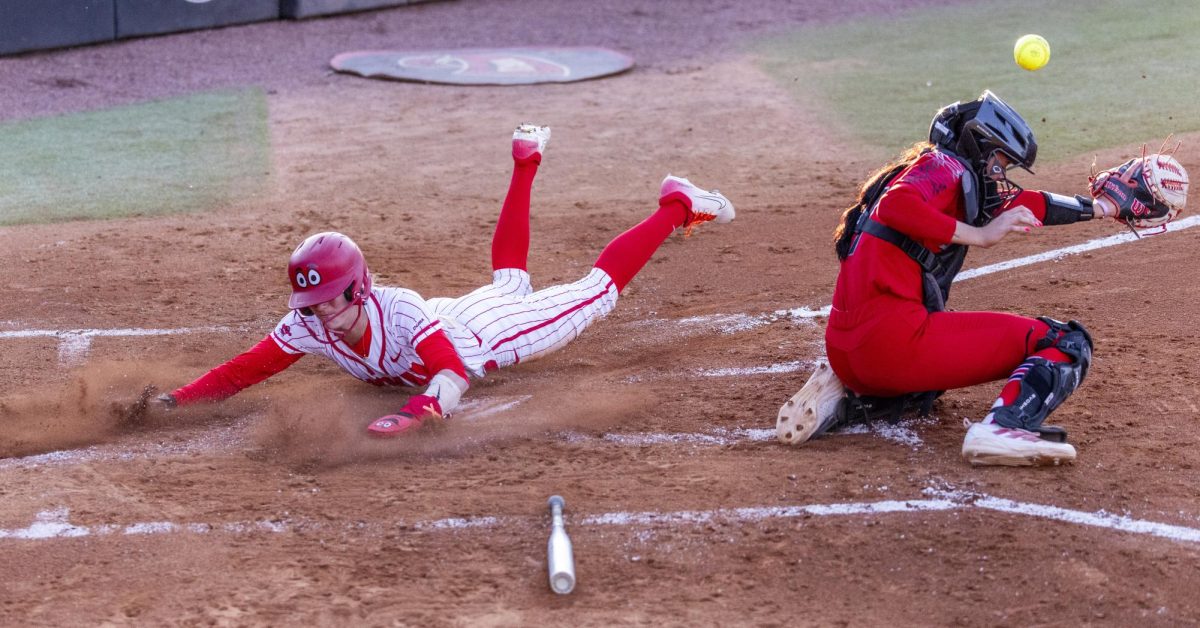Committee discusses academic freeze option
October 9, 2017
The University Senate Academic Quality committee is proposing a potential academic freeze for students with poor grades for a semester, instead of being put on probation or retaking a class.
If a student were to apply for an academic freeze, it would have a similar effect to retaking a class, but instead it would apply to that student’s entire semester. The “frozen” semester would still show up on transcripts, but would not have an effect on the student’s overall GPA.
They would be put a semester behind, but Student Government Association Speaker of the House Ryan Richardson said it would still be conceivable for the student to graduate in four years.
Richardson said the idea for an academic freeze is still relatively new, and therefore tentative, but believes that it could have a positive effect for WKU.
“I know personally, my first semester here was pretty intense,” Richardson said. “I came to WKU thinking it would be easy to be just as involved as I was in high school, but college is a completely different environment.”
Richardson said the idea for an academic freeze option was first brought up by academic quality committee member Dale Rigby. Jim Berger, another member of the academic quality committee, has helped expand the idea.
Berger, a professor in the Department of Educational Administration, leadership and research, said in an email he would begin proceedings to possibly implement the freeze at WKU. Berger said this would involve checking other benchmark schools to make sure it has been implemented successfully, as well as further discussing possible issues with financial aid.
The academic freeze has yet to move from the committee stage, and various details are still being worked on, but important factors like tuition and room and board would not be affected. Other issues such as any scholarships received by the students implementing the freeze have not been discussed.
“We’re still trying to define what exactly would qualify a student to undergo an academic freeze,” Richardson said. “But the goal is not to disincentive students from trying in their classes. At this point, we’re thinking that a student can begin proceedings to apply for a freeze after grades during their last semester have been submitted.”
The idea of an academic freeze plays into a larger theme WKU has been pursuing — retention. Richardson said he believes that it would help students who were not ready for the challenges that come with college adjust to their new environment and stay at the university, instead of dropping out.
The 2016 fact book cites a graduation rate of 50 percent and a freshman-sophomore retention rate of 74 percent. Efforts for higher retention rates began under previous WKU president Gary Ransdell and have continued under current president Timothy Caboni.
The academic freeze will continue to be discussed at the upcoming Academic Quality committee meeting, which will be held later this month. Richardson said his role is to give a student’s perspective on academic quality and is pushing for the academic freeze option to be implemented.
If approved, the option for an academic freeze would likely be presented to the Board of Regents.
“I think it’s a magnificent idea,” Richardson said, “but I’m always willing to hear other student opinions.”
A previous edition of this story said the idea for an academic freeze option originated from academic quality committee member Jim Berger. The idea originated from committee member Dale Rigby. The Herald regrets the error.
Reporter Emily DeLetter can be reached at 270-745-6011 and emily.deletter304@topper.wku.edu. Follow her on Twitter at @emilydeletter.














